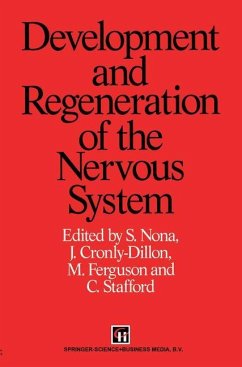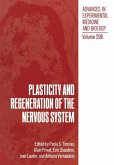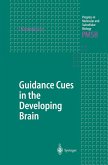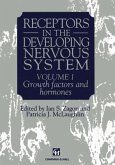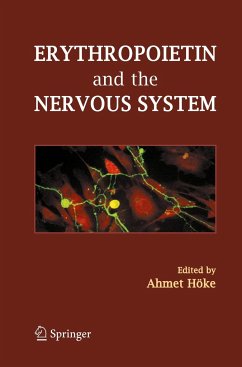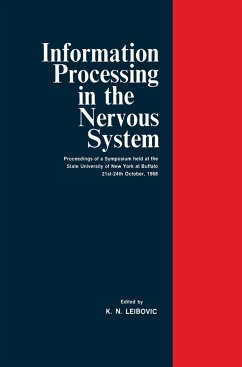This book explores aspects of the development and regeneration of the of the rote nervaus system, beginning with fundamental considerations of borneobox genes in vertebrate pattern formation. Two papers em phasize the roJe of mause Hox genes in patterning: the Hox-2 complex in the branchial arches and Hox-7 at later stages of development, par ticularly in the spinal cord and brain. The importance of borneobox genes and other transcription factors in patterning the Drosophila embryo is weil known. With the discovery of homologaus genes in higher verte brates including man, we now possess the molecular tools to begin to investigate the molecular basis of patterning in higher vertebrate em bryos. Interestingly, the last few years have seen the discovery of a number of diverged borneobox genes and other transcription factors in the head, such genes being arranged in a segmental pattern within the developing rhombomeres of the brain and such compartmentalization of expression being extended to their derivatives, tagether with those of the neural crest. More recently, both Hox genes and Pax genes have been described in a segmental arrangement as far torward as the developing forebrain. The majority of the book deals with regeneration of the nervaus system. Several aspects are explored, including ways of promoting central nervous system axons to grow back into a degenerating environment, for example by the use of complex polymeric matrices.
Bitte wählen Sie Ihr Anliegen aus.
Rechnungen
Retourenschein anfordern
Bestellstatus
Storno

